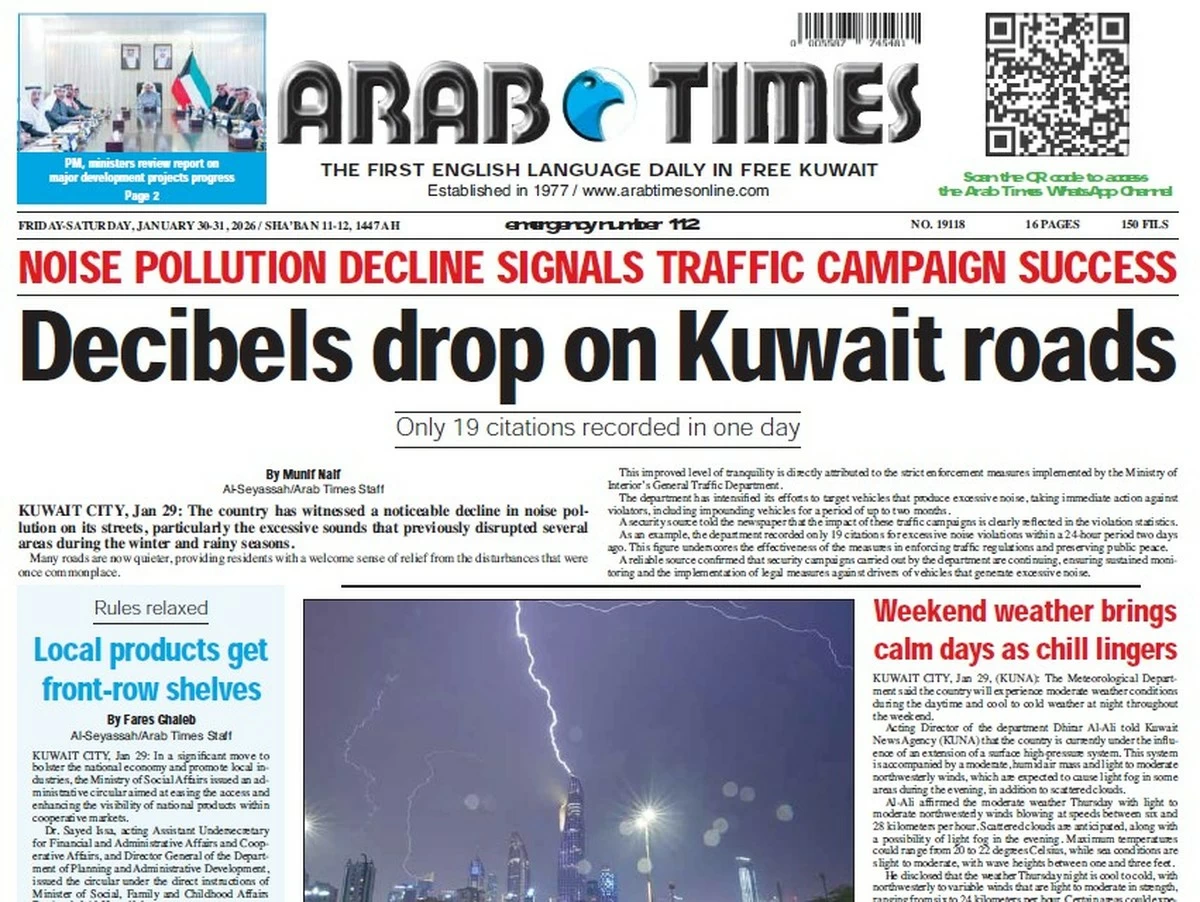08/01/2025
08/01/2025
In the contemporary landscape, the government stands at a vital juncture with the capability to either maintain the status quo, enhance the nation’s trajectory, or precipitate its decline. Unchallenged in its authority, the government ostensibly endeavors to foster the well-being of its citizens.
However, underlying societal ailments suggest that allowing the populace to unilaterally dictate their preferences may not serve their best interests.
Instead, a more guided approach -- akin to prescribing medicine for the unwell -- might be necessary to address these systemic issues effectively.
Historical and empirical evidence underscores that meaningful progress is inextricably linked to the adoption of scientific methodologies.
Moreover, the realms of production and creativity flourish under the aegis of freedom . These principles captivate the minds and aspirations of many, yet the prevailing advantage remains with various religious factions.
This dynamic stifles the potential for innovation and economic advancement, as religious parties often prioritize ideological conformity over progressive policies.
Liberal thought, characterized by its advocacy for individual freedoms, democratic governance and open markets, has historically posed little threat to opposing currents.
Since the inception of democracy -- and even before its formal establishment -- liberalism has been a cornerstone of Kuwait’s distinguished standing. The nation’s reputation for embracing liberal values has been instrumental in its development and international recognition.
Recently, a notable shift has emerged as writers and proponents of leftist political ideologies advocate for reconciliation with the Brotherhood.
This trend persists despite their acknowledgment that the Brotherhood’s policies have been detrimental, leading to deterioration across numerous sectors.
Such alliances may undermine efforts to address critical issues, suggesting a complex interplay between political factions that could hinder national progress.
In light of these developments, it may be prudent for the government to consider a strategic experiment: forming alliances with established liberal currents characterized by high educational standards and robust administrative expertise.
Such partnerships could catalyze several key areas such as the leveraging liberal economic principles to pull the economy out of stagnation and foster sustainable growth; restoring education to its pivotal role in society, ensuring it leads in innovation and critical thinking and opening doors to greater freedoms, thereby enriching the arts, literature, culture and intellectual discourse.
This is in addition to enhancing the nation’s openness to the world, facilitating international collaboration and exchange.
The culmination of these efforts points toward a singular truth -- the nation’s future lies in embracing modernity. By aligning with liberal forces that prioritize education, economic vitality and cultural richness, the government can navigate out of existing challenges and steer the nation toward a prosperous and enlightened future.
In an era where traditional structures often impede progress, modernity offers a beacon of hope, illuminating the path to national rejuvenation and global relevance.
The government’s current position affords it the unique opportunity to shape the nation’s destiny decisively.
By fostering alliances with liberal, educated and administratively competent groups, it can address prevailing societal ailments, stimulate economic growth and cultivate a vibrant cultural landscape.
Embracing modernity through such strategic partnerships is not merely an option but a necessity for sustained national progress and the genuine happiness of its people.
Dr. Khaled Montaser poses critical questions: Why do some individuals use the niqab when committing crimes? Is it because it serves as a disguise to conceal their identity, or because committing the act requires a means to hide?
The issue is not merely about a piece of cloth chosen to cover the face but rather about the security risk it poses.
The niqab acts as a tool for concealment and cannot be considered a matter of personal freedom. Can refusing to include a photo on a driver’s license or passport be justified as a personal freedom?
If a security or passport officer at the airport requests a woman to show her face, should she refuse under the guise of personal liberty? Is carrying a weapon or removing street signs that obscure directions a matter of personal freedom?
If every individual in society adopted the hijab, could such a society function effectively? Is it feasible to live in a community where everyone is masked? Is social, security and administrative control more achievable in an open society or one where individuals are hidden?
Doesn’t every member of society have the right to confirm the identity of the person they interact with, whether in conversation, transactions, or daily dealings?
What about the identity of my child’s teacher -- is this person a man or a woman? Or the person treating me or my wife -- is this individual genuinely a qualified female doctor?
We all have the right to live in a society where identities are transparent, without being compelled to question or second-guess the identity of those who, often under coercion, choose to conceal their faces and obscure their identities.
e-mail: [email protected]



